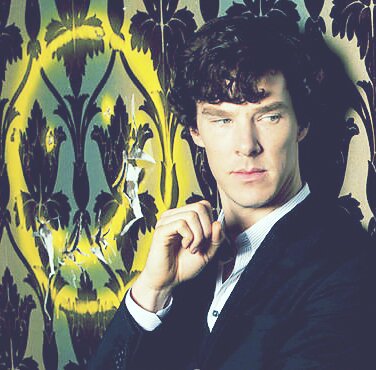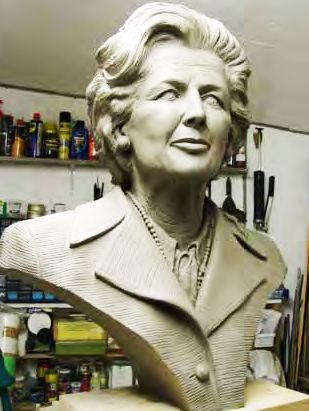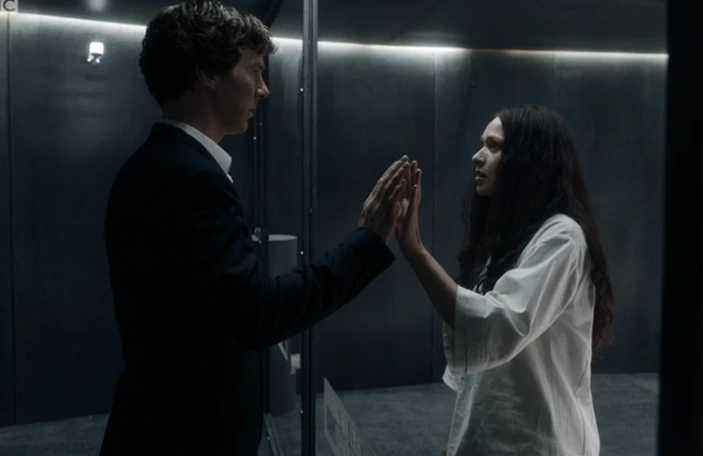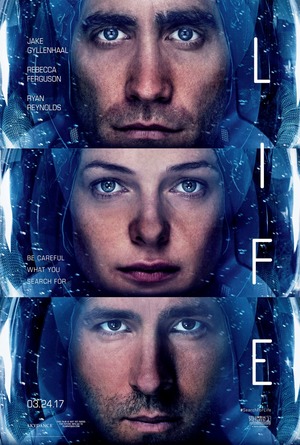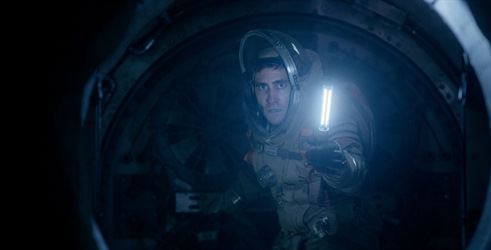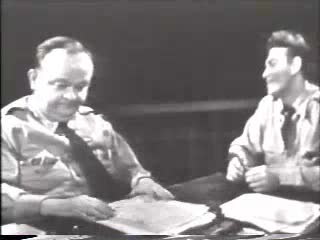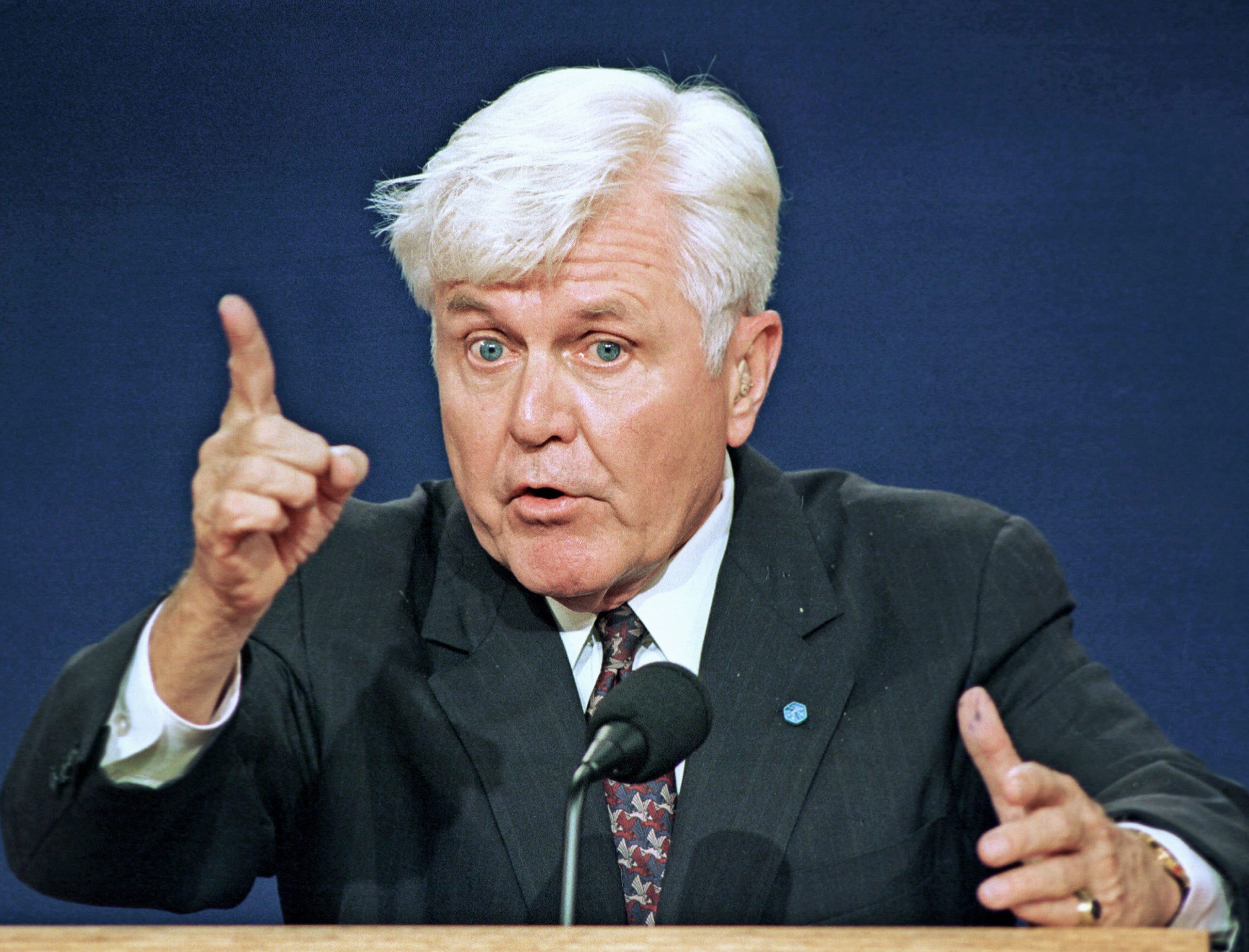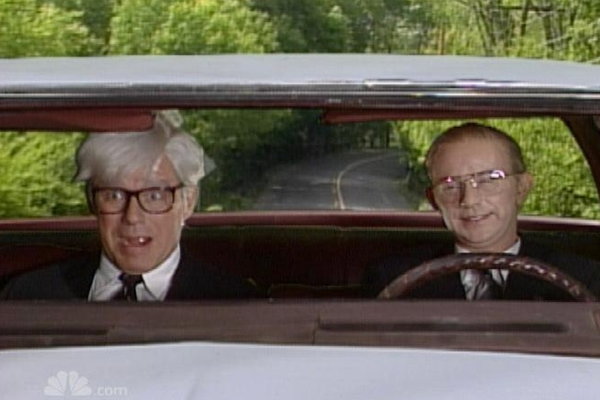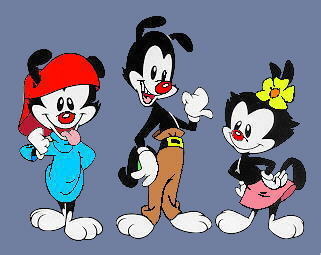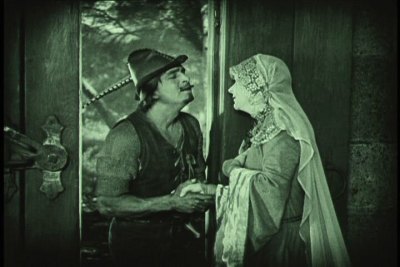SHERLOCK: THE FINAL PROBLEM
Ah.
I've long argued that
Sherlock, far from being this great piece of television, something that is unimpeachable brilliant, was overrated, convoluted, and at times so outlandish and ridiculous that it was downright stupid and insulting. I have long argued that most of the episodes don't make sense, are too over-the-top to be believed, and are generally atrocious.
Elementary, the U.S. counterpart on adapting the Sir Arthur Conan Doyle stories, was perhaps not brilliant, but it was at least sensible versus the Sturm und Drang of
Sherlock.
Many times, I was told how wrong I was.
Sherlock won Emmy Awards, hailed by critics, with a mad fanbase that mostly didn't care about Canon, so long as they cried over the adventures of the high-functioning sociopath and his lapdog. I however, maintained my view that
Sherlock had no clothes, that everyone was saying it was brilliant, a work of genius, because they were expected to say it was brilliant, a work of genius.
The Final Problem is my vindication.
The Final Problem was so awful, even Kyle Anderson at The Nerdist, a man for whom shilling for almost everything connected to Mark Gatiss and Steven Moffat is second nature, couldn't shill for.
The Final Problem is, with the exception of Gatiss'
Doctor Who episode
Sleep No More, literally the worst thing I have ever seen that was made for television.
Cop Rock was more coherent.
The Final Problem is the worst thing I have ever seen connected to Sherlock Holmes, so ineptly bad that there were times when I was howling with gales of laughter at how anyone, let alone two people, could have written all this and thought it was genius.
The Final Problem was just wrong on so many levels, so tone-deaf, so full of itself...it actually ends up an accurate reflection of Gatiss and Moffat.
We start with a little girl on an airplane, terrified. Everyone is unconscious save her, and the plane's 'driver' is also out.
At this juncture, let me state that I am amazed that a child would refer to the pilot as 'the driver'.
She hears a phone ring, and on the other line is none other than Jim Moriarty (Andrew Scott), who is still either most sincerely dead or not. He tells her "Welcome to the Final Problem".
Well, anyway we jump to Mycroft Holmes (Gatiss), watching a noir film until very spooky things begin happening, down to having Pennywise from IT pop out at him, driving him to the point of terror and unleashing the sword he has in his umbrella.
As a side note, does Mark Gatiss have some secret, burning desire to play the Penguin on
Gotham? I know both are gay, but still...
In any case, all this is just a rouse created by Mycroft's little brother, Sherlock Holmes (Benedict Cumberbatch), and his bitch, Dr. John Watson (Martin Freeman) to get Mycroft to admit they have a hereto unknown little sister. She's so unknown that Sherlock, who is a year older than said sister and Mycroft's eight years, literally forgot all about her.
So, this secret sister, Eurus (Sian Brooke), as a child made Sherlock's beloved dog Redbeard disappear. She also set the Holmes family home of Musgrave on fire, and Mycroft later told his parents that she had died in another house burning. In reality, she's been locked up at Sherrinford, a combination Alcatraz/Arkham Asylum for the most dangerous master criminals of all time.
It's at this point a grenade floats in via drone, one set off by movement. Once the three realize Mrs. Hudson (Una Stubbs) is safe, Sherlock and John jump out the second-story window while Mycroft races to save her and himself.
Moving on to sometime later, the three of them manage to hijack a boat and go to Sherrinford looking none the worse from their explosive escape. At last, Sherlock sees his secret sister, and we find that she is dangerous.
We also find that somehow, Eurus and Jim Moriarty planned all these things five years earlier, when Mycroft, who ran Sherrinford as part of his work for the British Government, allowed her five minute unsupervised visit with our camp Napoleon of Crime.
Again, we see that despite Sherlock's near-godlike genius, he is stupid when it suits others. While in the Hannibal Lecter-type cell with Eurus, he fails to notice that there is no actual glass separating him and Eurus. Mycroft and Watson also discover that Eurus has some kind of hypnotic power over everyone, including the Governor of Sherrinford, to where they are all her slaves.
We also find that she is able to pop in and out of prison whenever she likes, including up to setting into motion a very elaborate, outlandish, and flat-out hilarious scheme of revenge against her elder brothers.
I'm pausing right now to note that the Legendary Legend of Legendness Herself, River Song from
Doctor Who, pulled off the exact same trick of coming and going out of her prison at will. It's simply appalling how Gatiss and Moffat essentially plagiarize themselves, to where it is just insulting to anyone save the Sherlockian/Whovians who simply have no capacity to reason.
She also bears similarity to 'Missy' or 'The Mistress', the transgender version of another
Doctor Who villain, 'The Master'. Both have generally bonkers plans that don't make sense and seem created for no rational reason. Yet I digress.
Well, at this point Eurus, now totally in control of Sherrinford, puts the Holmes Boys and their lapdog through a series of 'elaborate' plots to get them to see how morality does not exist. There's the previously mentioned little girl, whose voice they hear every so often, and then there's having to solve a mystery where three lives are at stake and the worse, getting Molly Hooper (Louise Breeley) to tell Sherlock, 'I Love You' or a bomb will explode.
Again, I pause at this juncture to point out that Sherlock Holmes, if Sherlock is to be believed, can willingly lose his virginity to someone he doesn't love to literally pump her for information but cannot actually say 'I Love You' to someone who has been pathetic in her besotted manner with him. Molly, you can do so much better than Sherlock.
Ultimately, the three do get separated and Sherlock finds himself back in the ruins of Musgrave House. John is down the well about to be drowned, but manages to communicate with Holmes that he found Redbeard, in a way. It wasn't dog bones he discovers, but human remains, remains of a child. Eurus wasn't the only thing Sherlock Holmes blocked out.
It seems Sherlock's best friend as a child, one Victor Trevor, and he were playing pirates. Holmes was 'Yellowbeard', and Victor was 'Redbeard'. Eventually, Holmes finds that Eurus is the little girl, locked in her own mind thinking she was going to crash. A hug later, Watson is rescued from certain death when a rope is thrown at him.
How this rope will help him given his leg was chained to the ground we don't know.
Mycroft has to tell his unbelieving parents their daughter is still alive, and eventually all of them go to Sherrinford where Sherlock and Eurus play violin duets together. In a prerecorded video, the dead (for now) Mary Watson (Miranda Abbington) tells her 'Baker Street Boys' to stay together.
From beginning to end,
The Final Problem was just unspeakably bad. Just beyond horrifyingly awful. Not even in the diseased, deranged, delusional world of
Sherlock, where all sorts of outlandish and idiotic things can happen because, well, the feels, does
The Final Problem make sense.
Pick any point in
The Final Problem, and you'll find something completely irrational to the point of imbecilic.
Our genius detective, who can deduce within a second whether the retired Archbishop of Canterbury is a transgender white slavery mastermind who makes his Filipino concubines wear tutus while they lip-sync The Pet Shop Boys just by the number of dandruff flakes on his lapels failed to completely notice there was no glass between him and Eurus.
Mycroft Holmes, a man who has no emotion, could end up practically wetting himself like a little boy by a clown, a literal clown.
The entire Holmes family never mentioned Eurus to anyone, with neither Papa or Mama Holmes having any pictures of Eurus or ever visiting a grave or memorial.
Little Victor Trevor's parents apparently had no problem never looking for their lost son, last seen at the Holmes' house.
Sherlock could confuse his best friend for a dog. OK, on that one, given that he treats Watson like his bitch, maybe I'll give that one a pass.
Said bitch's rescue is a good one. As he's drowning, he's rescued by having a rope thrown at him. Exactly how the rope is going to rescue him when it was established he was literally chained up remains unclear. His leg was bound, which is why he couldn't just float up. His leg was literally chained up, which would require him to get a key to unchain him, but this magical rope could break the chain.
Ugh.
Three grown men were going to talk a little girl into landing an airplane. Seriously, three grown men, two of them geniuses and one of them a completely wimpy imbecile, were going to talk a little girl into landing an airplane.
Three grown men miraculously and sans explanation survive a major explosion looking even better than they did before. Not since Ben Affleck came back from crashing into the English Channel after getting shot down by the Germans only to return looking even more gorgeous in
Pearl Harbor have I seen something so daft, so thoroughly idiotic as to astound with its silliness. That movie had President Franklin D. Roosevelt standing up on his own power, and yet somehow that seems more plausible than just about everything in
The Final Problem.
Scott's Moriarty was just there for dressing, but eventually, should there actually be a fifth season/series of this horror, they are just going to have to give up the eternal teases for him. Again and again Moffat and Gatiss bring back Moriarty only to find that his various resurrections keep looking more and more outlandish and add little to nothing to the overall story.
I can say that the excessive sweetness of Stubbs' Mrs. Hudson so grating, the efforts of comedy so annoying (her listening to heavy metal while vacuuming), that I desperately wanted her to be blown up. I wrote in my notes, 'KILL MRS. HUDSON! KILL MRS. HUDSON NOW!!'
As is the case with all of
Sherlock, both Holmes Brothers are smart only when necessary.
The Final Problem seemed rather Mycroft-focused, no doubt pleasing the raging egomaniac Gatiss, who is unshakable in his conviction that he is a genius (something to which he will testify to gladly). If he's a genius, he is among the dumbest geniuses in the world: clueless that his sister has essentially hypnotized everyone to be her slave, though it begs the question, why couldn't she work her voodoo on him.
Eurus is a blank slate, with no emotion to her. I know
The Final Problem wants us to feel for her, to make her ultimately tragic and sympathetic. However, as portrayed by Brooke and written by Gatiss and Moffat, Eurus was just a dumbed down version of Missy/The Mistress from
Doctor Who: a bonkers criminal mastermind who comes up with outlandish schemes merely it seems to irritate our hero.
Eurus' great plans don't involve world domination or some master theft; no, that would be so trite and simple. Her plans involve forcing our three dimwits to perform tasks to stretch out the episode, and despite her having killed four or more people, the important thing is to lock her back up in the same place where she left and came at will while her parents & siblings enjoyed seeing Eurus and Sherlock do violin duets together.
Freeman's John Watson is the wimpiest figure in television today: constantly abused physically and emotionally and yet coming back for more. From the discovery that Eurus hadn't shot him but tranquilized him (again, exactly why she did this is unclear) to him running off with Sherlock to continue being his lapdog, one wonders whether he actually would function in the real world. Cumberbatch too has nothing but his luxurious baritone to make him sound pseudointellectual, but he too was not interesting. Rupert Graves' Inspector Lestrade had a cameo where he tells an officer that Sherlock Holmes isn't 'a great man. He's a good man'.
Oh sure, Sherlock Holmes FINALLY gets his name of 'Greg' right after constantly forgetting it, and all of a sudden Holmes is a 'good man'. How easily Greg is pleased.
The Final Problem had me laughing uncontrollably at many points, though the whole 'little girls killing children' thing was obscene. Minus that,
The Final Problem was a laugh riot: not noticing there was no glass, little girls flying airplanes, master criminals who pop in and out at will and can hypnotize all the staff to do their bidding without anyone else noticing.
Ah.
One bit of dialogue caught my attention, and sums up
The Final Problem and
Sherlock as well as anything I can think of. Mycroft tells Sherlock about their until-now unknown sister "She's very clever," to which either Sherlock or John replies, "I'm beginning to think you're not".
When it comes to Mark Gatiss and Steven Moffat, many a true word.
0/10
Sherlock Season Four Overview




.png)





